Reform Seminary Takes Action on Sexual Harassment
Board to consider what’s next after disturbing report of sexual harrassment during rabbinic training at the highest levels of leadership.
The Board of Governors of Hebrew Union College-Jewish Institute of Religion, the Reform movement’s seminary for rabbis, cantors and communal leaders, is meeting Dec. 14 to consider its next steps in response to a scathing report that details decades of sexual harassment and abuse at the highest levels of the school’s administration.
The report, which was issued Nov. 9 by an outside law firm hired by the seminary, details over three decades of misconduct. Although many individuals came forward with allegations against former staff and faculty, the law firm of Morgan Lewis, led by attorney Grace Speights, decided to concentrate their investigation on prominent religious figures.
Six former professors at the school are named in the report, two of them having served as presidents of the seminary.
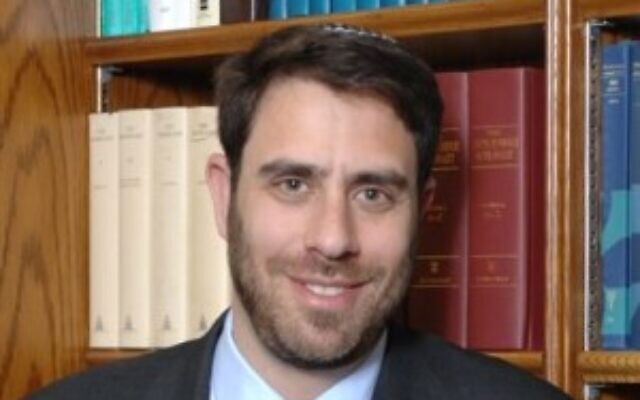
Rabbi Peter Berg, a local member of the board and senior rabbi at The Temple in Atlanta, declined to comment on the 37-page report. Berg was also part of a four-person special committee — composed of two men and two women — who provided oversight for the investigative process.
The 52-member board, 16 of whom are women he said, has decided that individual board members would not be commenting on the report.
However, in a statement that accompanied the release of the investigation, the chair of the board of governors, Sue Neuman Hochberg, spoke of her appreciation of the 170 former students, staff and faculty of the institution who came forward to share their personal experiences.
“While this moment feels dark,” she said, “it is also an important step in moving toward the light.”
In a letter to the faculty, administrative staff and the students of the seminary, Hochberg indicated that the meeting in December would include an examination of how the institution can begin the process of teshuvah, or repentance, for the errors of the past.
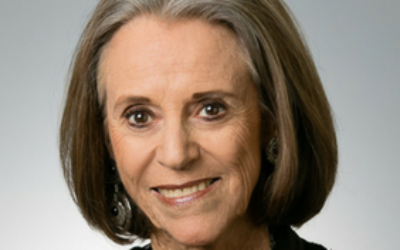
Among those accused in the report is Rabbi Alfred Gottschalk, the president and chancellor of HUC-JIR for 25 years (from 1971 to 1996), and the rabbi who succeeded him, Sheldon Zimmerman, who led the school until 2000.
According to the report, they both harassed and assaulted women at the institution. Rabbi Zimmerman, who is still alive, has been the subject of previous allegations. After his abrupt resignation from the school, he served as vice president of the Birthright Israel program and was the rabbi of the Jewish Center of the Hamptons in New York.
An investigation was completed earlier this year by New York City’s Central Synagogue, one of the most prestigious congregations in the Reform movement, where Zimmerman had served as rabbi for 18 years in the 1970s and 1980s.
The report uncovered charges that Zimmerman had developed a pattern of predatory sexual behavior, including an alleged attack on a teenager. The allegations against Rabbi Gottschalk, who died in 2009, are new.
At Temple Beth Tikvah, in Roswell, Rabbi Alexandria Shuval-Weiner, who graduated from the seminary in 2009, said she had not personally encountered sexual harassment or abuse. She did, however, call the report difficult to read at times and “eye-opening,” though she’s not surprised by the disclosures at an institution that has been slow to acknowledge the sins of the past.
“What’s so upsetting, even shocking, is that this is an institution that is supposed to be about creating symbolic exemplars, setting a symbolic example. There is an assumption that we would hold ourselves to a higher standard and yet this has been the practice of the world. This has been the practice of men in power.”
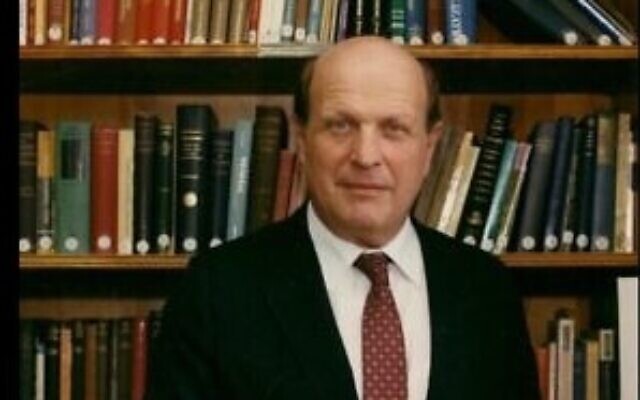
The investigation is part of a much larger examination within the Reform movement. Still to come are reports about sexual misconduct from the Union for Reform Judaism, the coordinating body for the movement’s 850 congregations. It has launched its own investigation through an outside law firm, as has the Central Conference of American Rabbis, which represents Reform clergy.
Ron Segal, the senior rabbi at Temple Sinai, who completed a term as president of the national rabbinic community this year, said he was looking forward to the results of the investigation.
“I — along with all of the leadership of the CCAR — am truly grateful to all of the individuals who courageously came forward to share their experiences. All the investigations in the Movement, including the CCAR’s and the URJ’s, which are still ongoing, will ultimately lead to a better and safer future for us all.”
Much of the impetus for the unprecedented series of actions has been the publicity that has come from the MeToo movement and pressure that has been exerted by the Women’s Rabbinic Network, a group of Reform rabbis led by Mary Zamore, who have called for greater accountability by Jewish institutions.
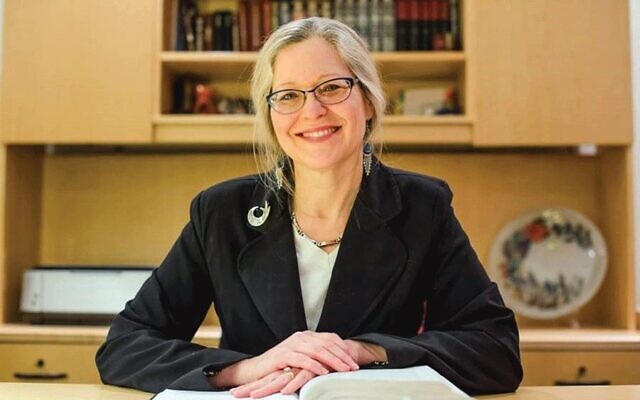
Zamore has described how, early in her rabbinic training at HUC, she was warned by other female students that she should avoid going to Rabbi Gottschalk’s office or being alone with him. Still, on at least two occasions, the rabbi pressured her for a date.
When she was ordained six years later, Zamore is said to have experienced considerable anxiety over the ceremony. The traditional rite, which she endured, called for the president of the ceremony to lay his hands on her head.
Rabbi Shuval-Weiner, who is a member of the Women’s Rabbinic Network and is the female president of the Atlanta Rabbinic Association, praised the report as a good start, but says that what’s really important is what’s to come.
“It’s not just saying, ‘we’ve done the research and this is what we found.’ I mean, you have to follow it up with action, just like when we say Shema Yisrael. It doesn’t mean anything if you don’t do the actions of the paragraph that follows, the V’ahavta.”
- Bob Bahr
- News
- Local
- hebrew union college
- Sexual Harassment
- Sexual Abuse
- Rabbi Alexandra Shuval-Weiner
- Atlanta Rabbinic Association
- Rabbi Mary Zamore
- Women’s Rabbinic Network
- Rabbi Alfred Gottschalk
- Rabbi Peter Berg
- Sue Neuman Hochberg
- temple beth tikvah
- Morgan Lewis
- Grace Speights
- HUC-JIR
- Birthright Israel program
- Jewish Center of the Hamptons
- Central Synagogue
- Central Conference of American Rabbis
- Rabbi Ron Segal
- Union for Reform Judaism
- #MeToo Movement
- Rabbi Sheldon Zimmerman
- The Temple



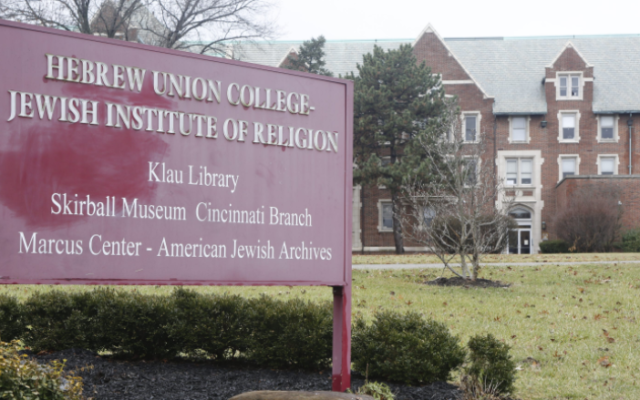
comments